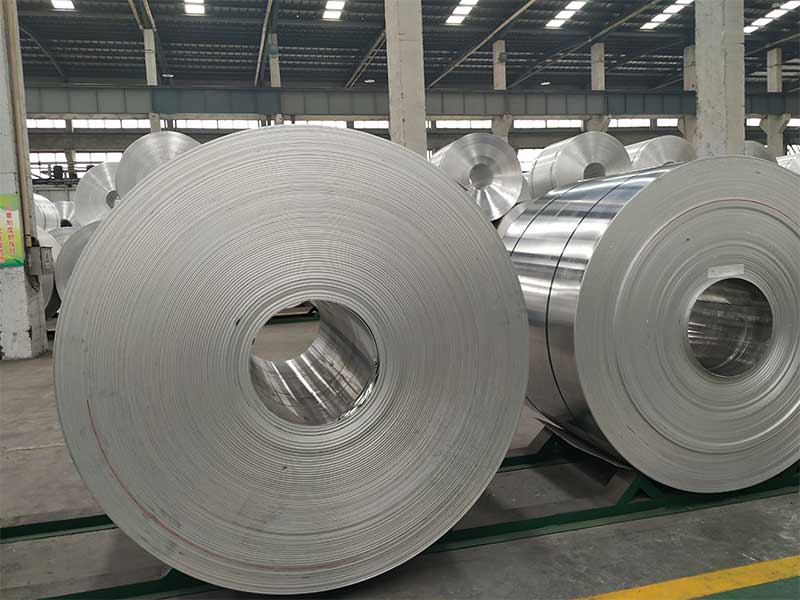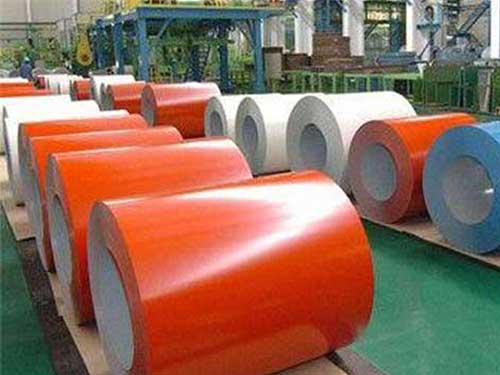3003 H14 Aluminum sheet Coil for Transportation
The Role of 3003 H14 Aluminum Sheet Coil in Transportation
When it comes to building robust and resilient transportation solutions, materials play a pivotal role. Among the available choices, 3003 H14 aluminum sheet coil stands out with its blend of properties and performance. Familiarizing ourselves with this unique alloy can reveal why it’s become essential in various transportation applications—from automotive manufacturing to public transit.
The 3003 H14 aluminum sheet coil is a popular choice in the transportation industry, primarily due to its excellent combination of formability and corrosion resistance. However, our experience shows that achieving optimal performance relies heavily on its limitations. While its H14 temper offers good strength for applications like truck body panels or bus siding, it's crucial to carefully manage forming processes to avoid cracking or surface defects. Variations in coil thickness within a single batch, even within the acceptable tolerance range, can significantly impact the final product's quality and consistency during high-speed stamping operations. We've found that pre-processing steps like stress relieving can mitigate these issues, but careful monitoring and adjustments to press parameters are essential for every new coil batch.
Furthermore, the specific surface finish of the H14 coil plays a critical role in downstream processes like painting. Slight variations in surface texture can affect paint adhesion and lead to premature peeling or chipping, especially in harsh environmental conditions. We've observed that inconsistent cleaning procedures prior to painting, even minor ones, can drastically impact the final product's durability and aesthetic appeal, resulting in costly rework or even rejection. Therefore, a rigorous quality control process that encompasses thorough coil inspection, consistent pre-treatment, and meticulous process control during forming and painting is paramount for ensuring the long-term success and reliability of 3003 H14 aluminum in transportation applications.
Unique Properties & Technical Specifications
3003 H14 aluminum stands out due to its chemical composition and mechanical characteristics. Comprising 1.2% manganese as the primary alloying element, this type of aluminum achieves excellent corrosion resistance alongside enhanced formability that pairs well with its lightweight nature.
In terms of its technical attributes:
- Tensile Strength: The tensile strength typically ranges from 130 to 250 MPa, allowing it to maintain structural integrity under various conditions.
- Yield Strength: It features a minimum yield strength of around 100 MPa, critical in matching different specifications detailed in transportation engineering.
- Thickness and Weight: Available thicknesses generally range from 0.02 inches to 0.125 inches (0.51 mm to 3.2 mm), making it versatile for various applications without significantly adding to the overall weight.
- H14 Temper: The H14 temper designation means the aluminum has undergone certain amounts of strain hardening. It achieves a higher strength level while remaining workable for cuts and bends in fabrication processes.
Enhanced Versatility for Automotive and Aerospace
1. Automotive Bodies and Parts
The lightweight and pliable nature of the 3003 H14 aluminum sheet coil leads to better fuel efficiency in vehicles. Integrated into the production of body panels, the material helps reduce overall vehicle weight, allowing for improved actuator effectiveness and delocalized loads that don’t weigh down the entire structure.
2. Aerospace Components
While heavier alloys are predominantly utilized in the aerospace industry, aluminum 3003 H14 finds applications in various low-stress components—the interior panels, air filtration components, ducting, and some aircraft fuselage supports due to its impact resistance and corrosion resilience. These properties make it ideal for applications subjected to significant wear, such as regions prone to extreme environmental factors.
3. Bus and Rail Industry
The urban transportation sector also benefits immensely from high-grade aluminum alloys—specifically in rail transportation and buses. The payload efficiency obtained with the 3003 H14 aluminum sheet coil allows agencies to maximize passenger and freight measures while enhancing the vehicle's resilience against daily wear and tear in hectic urban environments.
Customization and Fabrication
One advantage of 3003 H14 aluminum sheet coil is its easy workability during fabrication, including capabilities such as welding, machining, and forming into intricate designs. Manufacturers can produce custom-tailored parts rapidly. Seminal processes, including stamping and die-cutting, are easily achieved without compromising structural resistance, allowing custom part manufacturers to fine-tune products to fit precise engineering tolerances.
In the bead rolling process, rebounding acute shrinks can be operated through 3003 solutions to ensure maintained integrity and safety with thoughtful designs while undergoing regular functions, right from merchtimed surfaces to recognizable riveted sections securing critical transport compartments.
https://www.alusheets.com/a/3003-h14-aluminum-sheet-coil-for-transportation.html


